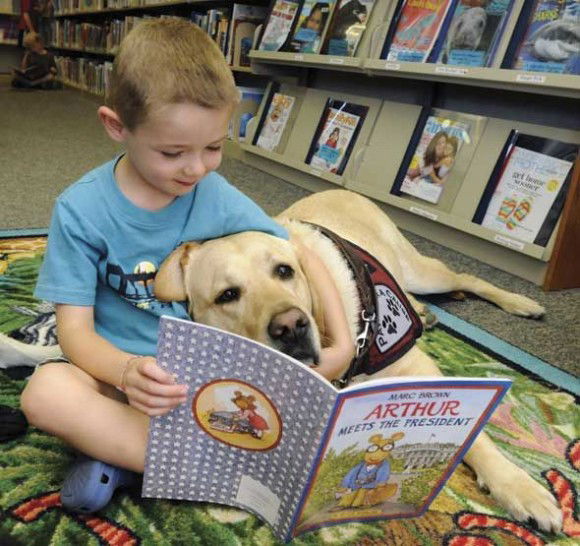Health
Dogs possess social skills similar to toddlers

New York, Feb 28: Dogs and two-year-old children show similar patterns in social intelligence, much more than one of our closest relatives -- chimpanzees, says a study.
The researchers looked at how two-year-olds, dogs and chimpanzees performed on comparable tests designed to measure various types of cognition.
While chimpanzees performed well on tests involving their physical environment and spatial reasoning, they did not do as well when it came to tests of cooperative communication skills, such as the ability to follow a pointing finger or human gaze.
Dogs and children outperformed chimpanzees on cooperative communication tasks, and researchers observed similar patterns of variation in performance between individual dogs and between individual children.
"What we found is that there's this pattern, where dogs who are good at one of these social things tend to be good at lots of the related social things, and that's the same thing you find in kids, but you don't find it in chimpanzees," said Evan MacLean, Director of the Arizona Canine Cognition Center at the University of Arizona in the US.
The findings, published in the journal Animal Behaviour, could help scientists better understand how humans evolved socially.
One explanation for the similarities between dogs and humans is that the two species may have evolved under similar pressures that favoured "survival of the friendliest", with benefits and rewards for more cooperative social behaviour.
"Our working hypothesis is that dogs and humans probably evolved some of these skills as a result of similar evolutionary processes, so probably some things that happened in human evolution were very similar to processes that happened in dog domestication," MacLean said.
"So, potentially, by studying dogs and domestication we can learn something about human evolution," he added.
The research could even have the potential to help researchers better understand human disabilities, such as autism, that may involve deficits in social skills, MacLean said.
The researchers looked at how two-year-olds, dogs and chimpanzees performed on comparable tests designed to measure various types of cognition.
While chimpanzees performed well on tests involving their physical environment and spatial reasoning, they did not do as well when it came to tests of cooperative communication skills, such as the ability to follow a pointing finger or human gaze.
Dogs and children outperformed chimpanzees on cooperative communication tasks, and researchers observed similar patterns of variation in performance between individual dogs and between individual children.
"What we found is that there's this pattern, where dogs who are good at one of these social things tend to be good at lots of the related social things, and that's the same thing you find in kids, but you don't find it in chimpanzees," said Evan MacLean, Director of the Arizona Canine Cognition Center at the University of Arizona in the US.
The findings, published in the journal Animal Behaviour, could help scientists better understand how humans evolved socially.
One explanation for the similarities between dogs and humans is that the two species may have evolved under similar pressures that favoured "survival of the friendliest", with benefits and rewards for more cooperative social behaviour.
"Our working hypothesis is that dogs and humans probably evolved some of these skills as a result of similar evolutionary processes, so probably some things that happened in human evolution were very similar to processes that happened in dog domestication," MacLean said.
"So, potentially, by studying dogs and domestication we can learn something about human evolution," he added.
The research could even have the potential to help researchers better understand human disabilities, such as autism, that may involve deficits in social skills, MacLean said.

